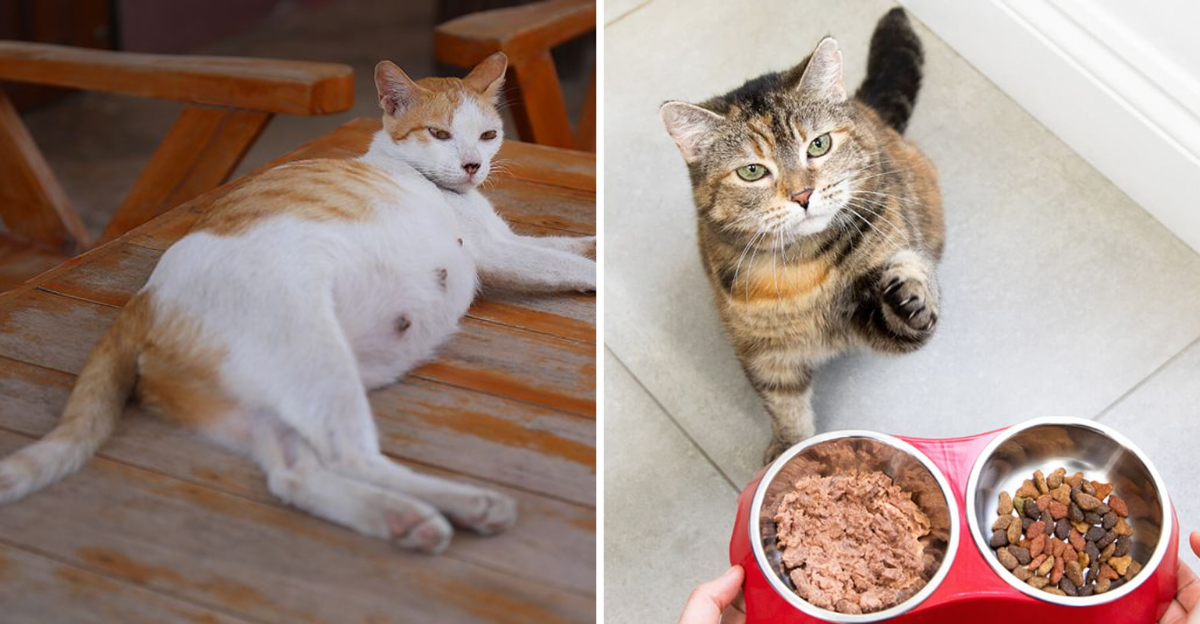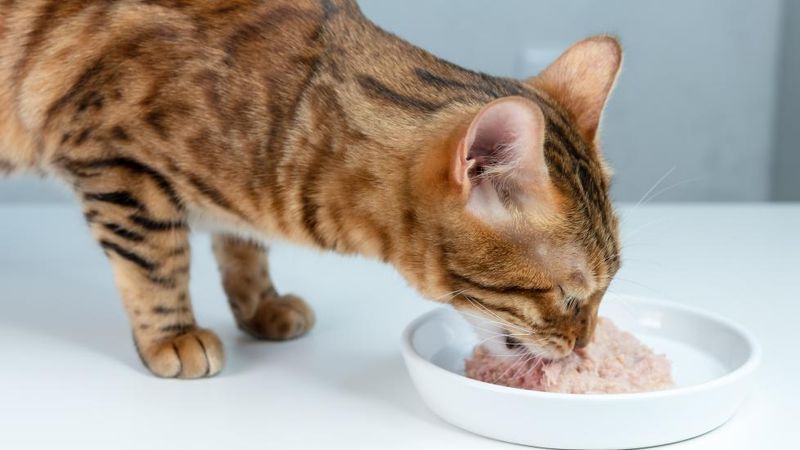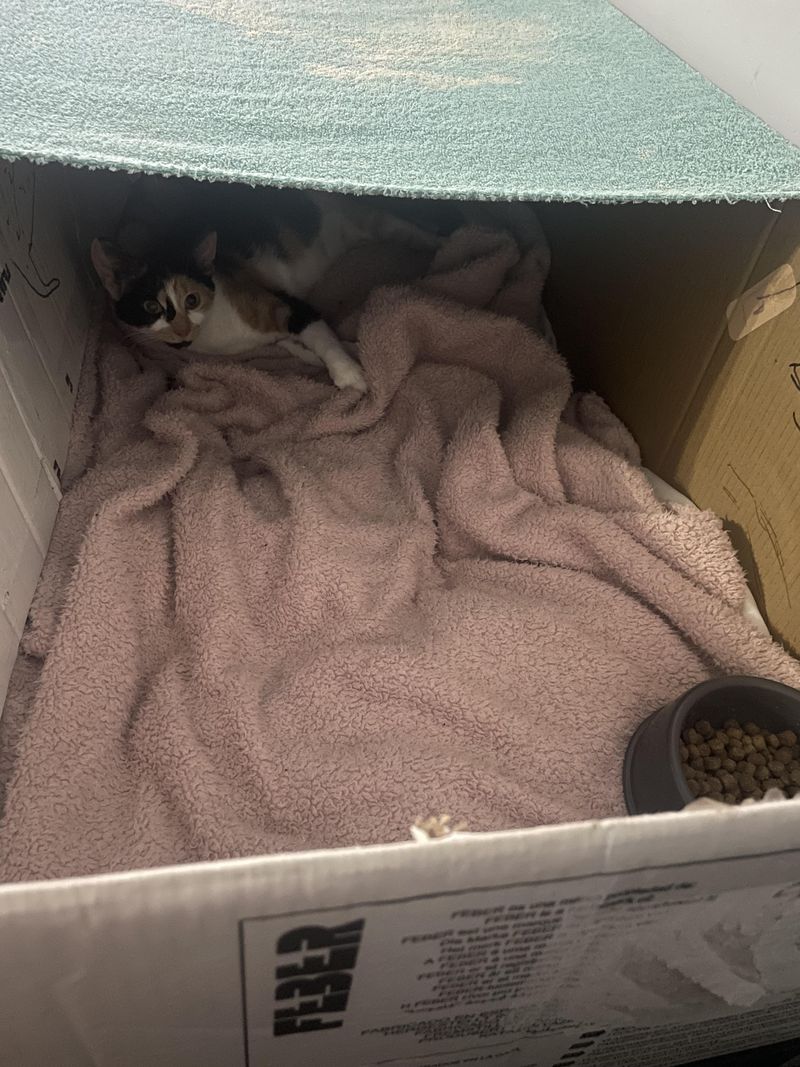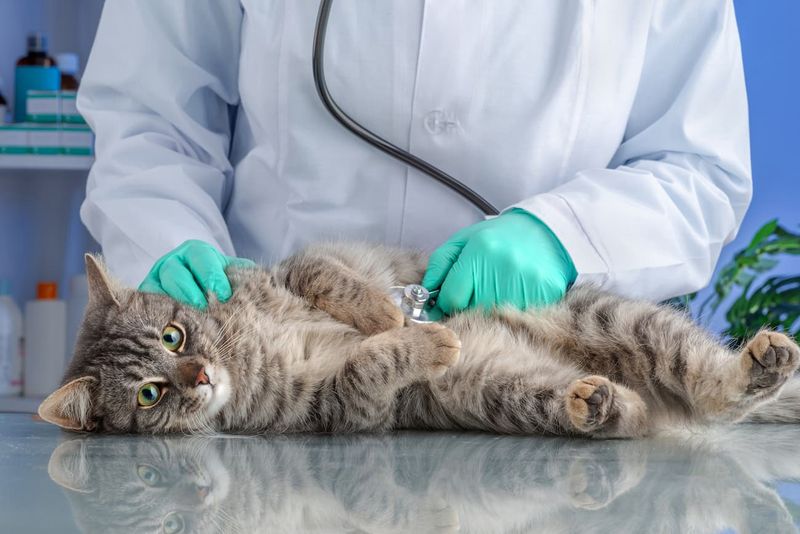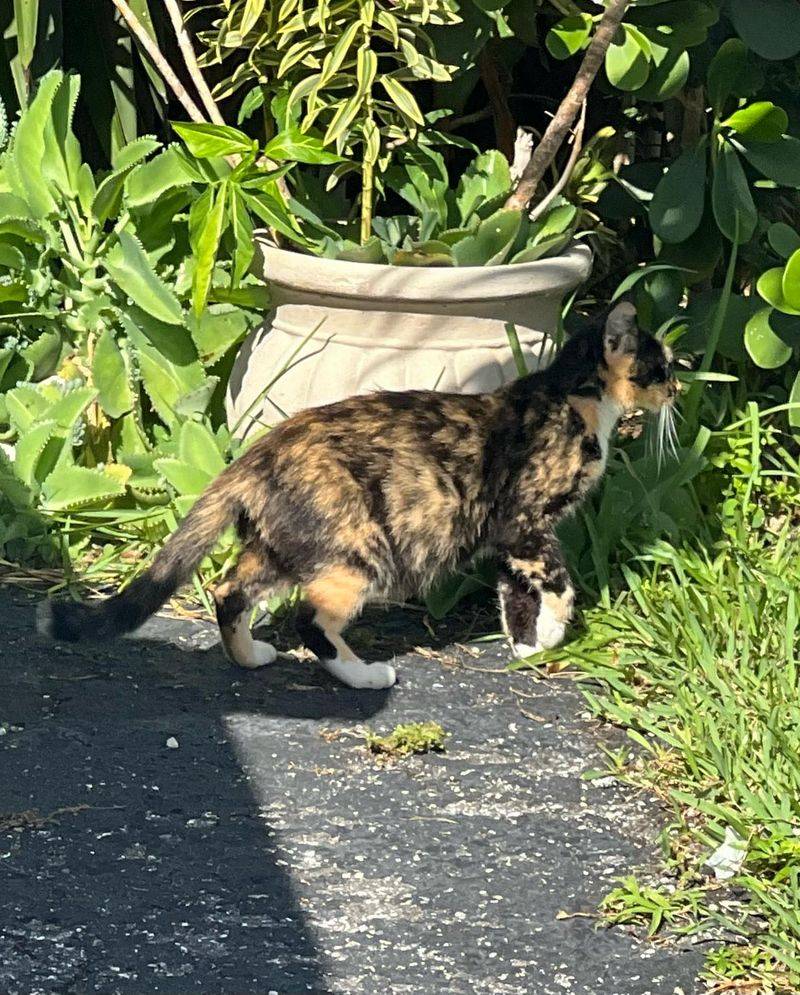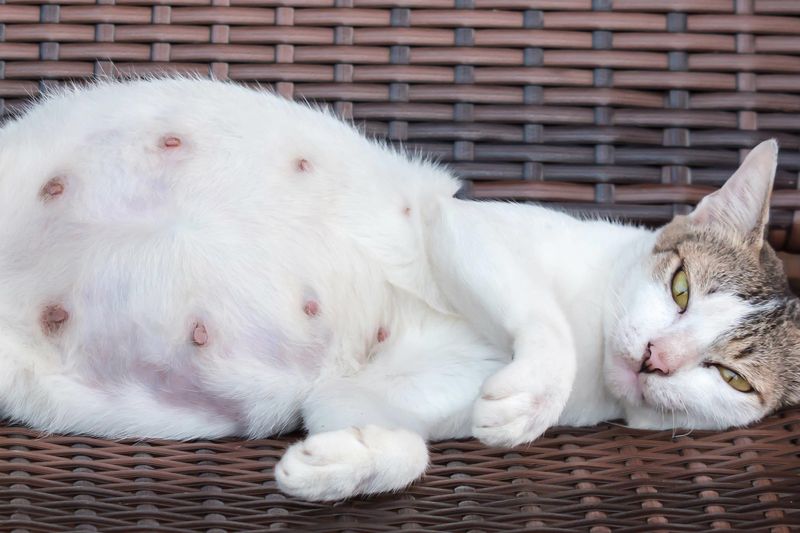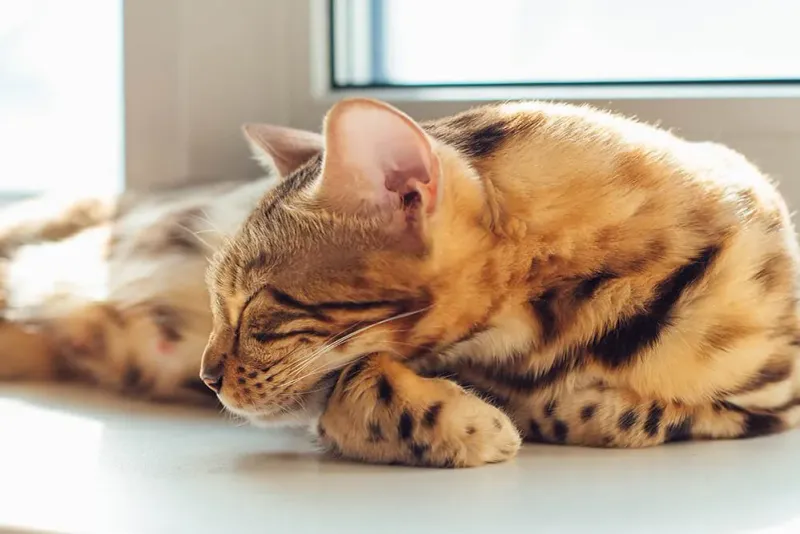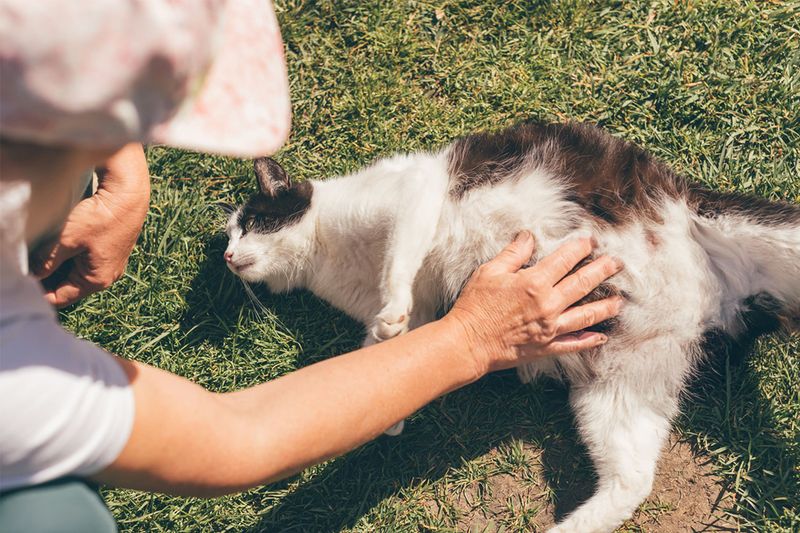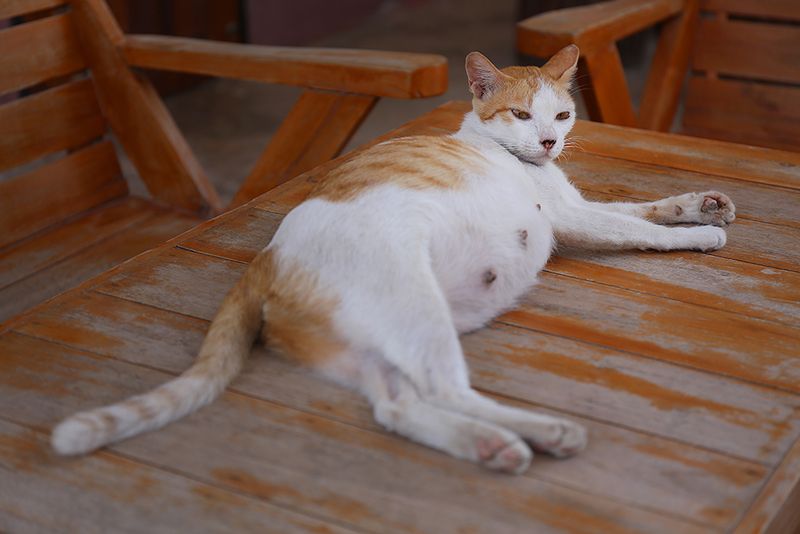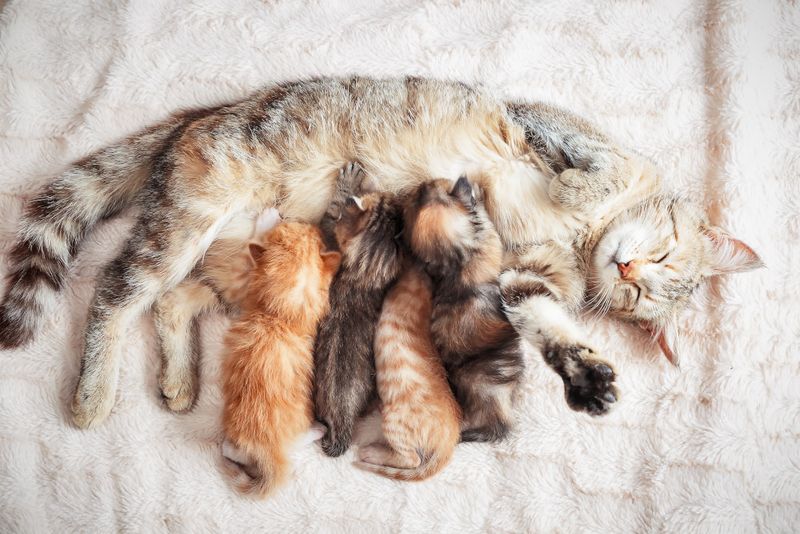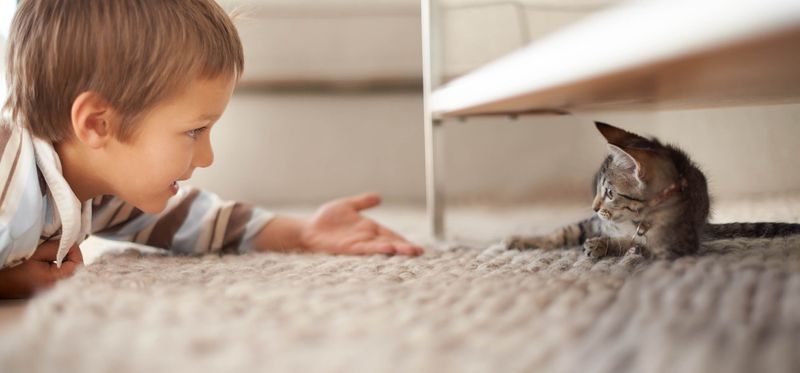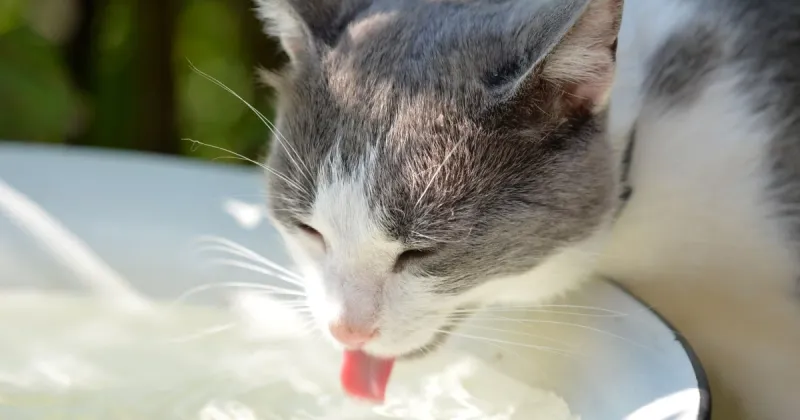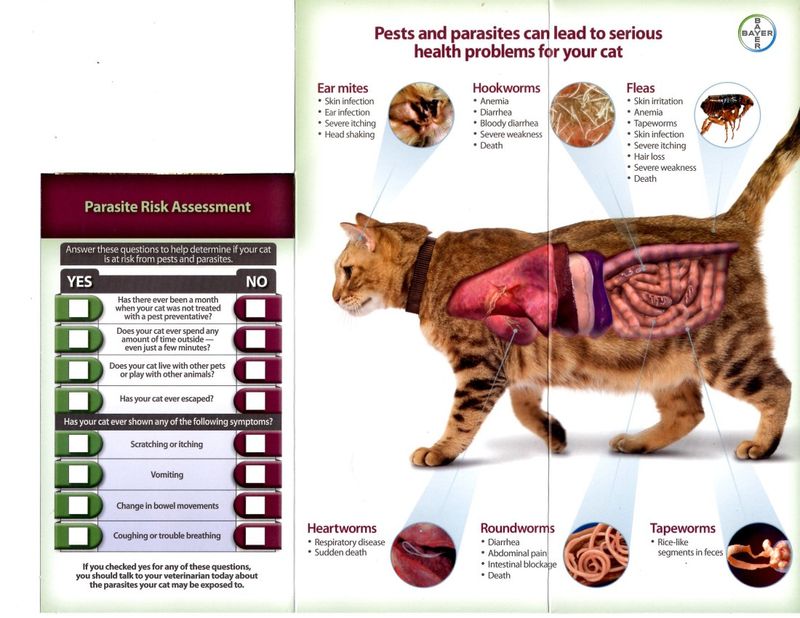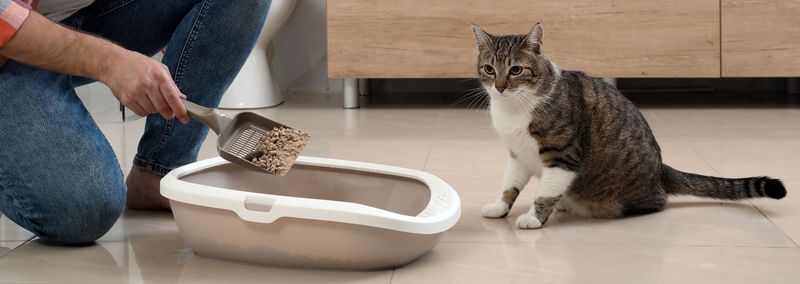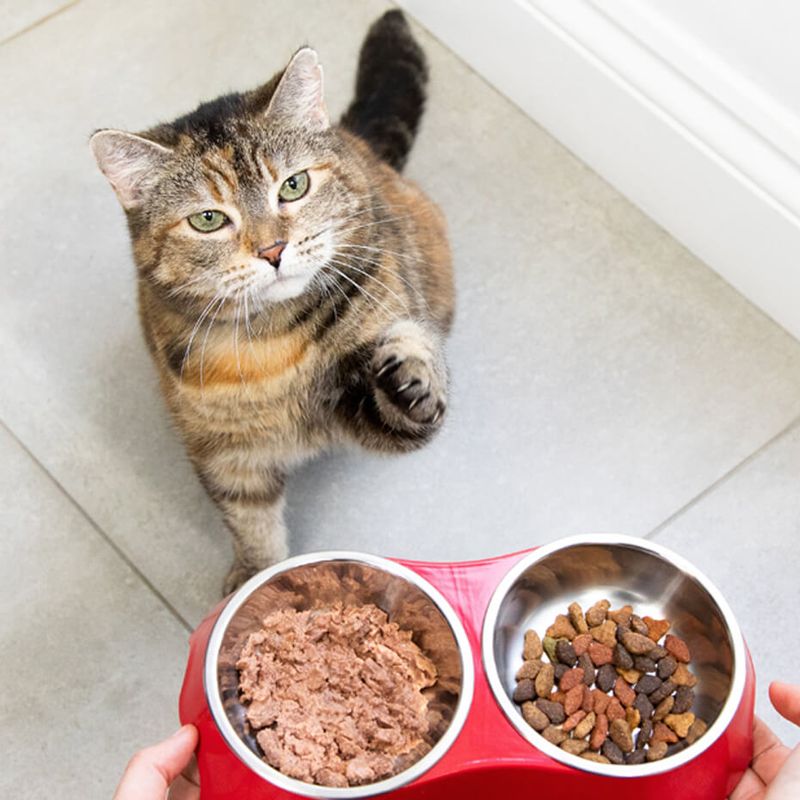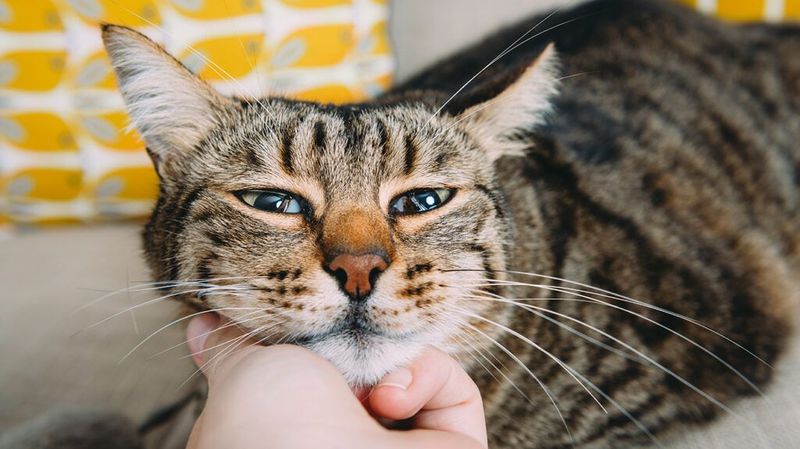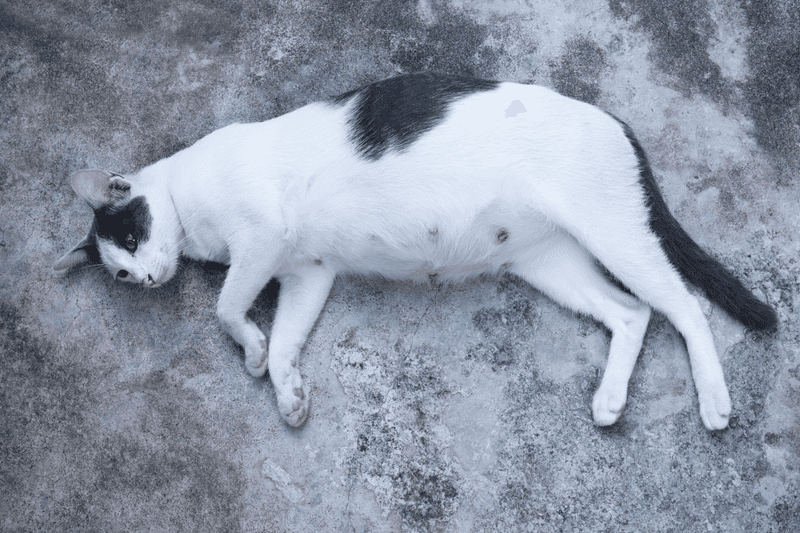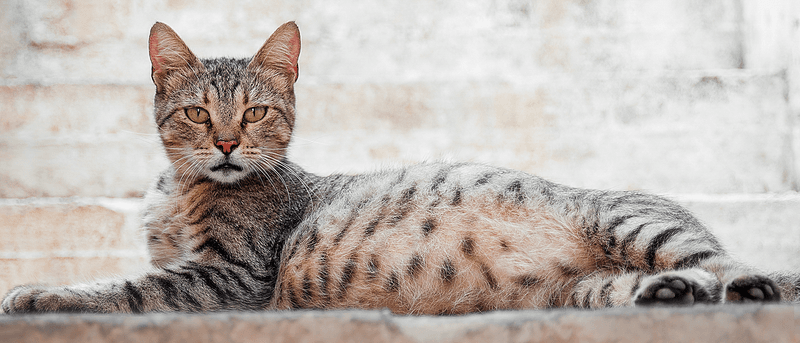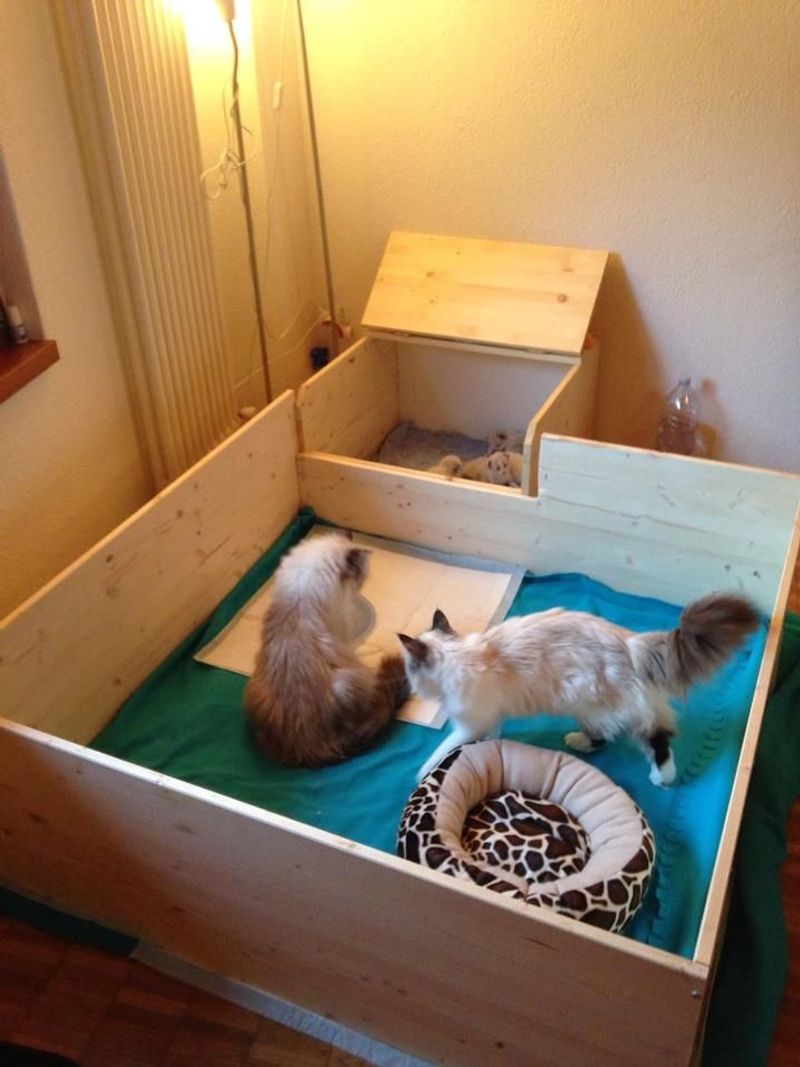📖 Table of Content:
- 1. Nutrition Matters: Feeding Wisely
- 2. Creating a Comfortable Nesting Spot
- 3. Regular Veterinary Visits
- 4. Gentle Exercise and Play
- 5. Monitoring Behavior Changes
- 6. Avoiding Stressful Environments
- 7. Grooming and Hygiene
- 8. Understanding Labor Signs
- 9. Post-Pregnancy Care
- 10. Socializing the Kittens
- 11. Ensuring Proper Hydration
- 12. Providing Ample Rest
- 13. Preventing Parasites
- 14. Tending to Litter Box Needs
- 15. Maintaining a Balanced Diet
- 16. Supporting Emotional Wellbeing
- 17. Ensuring Adequate Space
- 18. Monitoring Weight Gain
- 19. Understanding Nutritional Needs
- 20. Preparing for the Kitten Arrival
Caring for a pregnant cat requires attentiveness and understanding. These tips will guide you through each stage of feline pregnancy, ensuring your cat remains healthy and comfortable. From diet adjustments to preparing a birthing area, your support is crucial for a smooth pregnancy journey.
1. Nutrition Matters: Feeding Wisely
A healthy diet is the cornerstone of a cat’s pregnancy care. Specially formulated kibble, complemented by moist food, provides necessary nutrients. Ensure fresh water is always available. Adjust portions as her appetite grows. Keeping her well-nourished boosts her strength and supports kitten development.
2. Creating a Comfortable Nesting Spot
Prepare a nesting area where your cat feels safe and comfortable. Choose a quiet, low-traffic spot. Line a box with soft blankets or towels. This sanctuary offers privacy and warmth, crucial for a stress-free pregnancy. Keep other pets and disturbances at bay during this delicate time.
3. Regular Veterinary Visits
Routine veterinary check-ups are vital throughout pregnancy. Veterinarians monitor her health, confirm pregnancy, and give advice regarding diet and care. They may provide vaccinations or treatments needed for both her and her unborn kittens. Early detection of complications can prevent dire consequences.
4. Gentle Exercise and Play
Encourage gentle play to keep your pregnant cat active. Light activities prevent weight gain and support muscle tone. Avoid roughhousing or strenuous play. Opt for gentle toys like feathers or soft balls. Outdoor play in a safe yard can provide stimulation and joy, enhancing her well-being.
5. Monitoring Behavior Changes
Pay attention to behavioral shifts. Increased affection, nesting behavior, or mood swings can occur. These changes are natural as her body prepares for motherhood. Understanding her needs and providing comfort help manage these transitions seamlessly, ensuring she feels loved and supported.
6. Avoiding Stressful Environments
Minimize stress by keeping your cat away from loud noises or chaotic spaces. Create a calm environment with soothing music or gentle lighting. Stress can affect her health and that of her babies. A serene atmosphere promotes relaxation, aiding in a smoother pregnancy experience for her.
7. Grooming and Hygiene
Maintain your cat’s hygiene with gentle brushing. Regular grooming helps reduce hairballs and keeps her coat healthy. Pay attention to cleanliness around her nesting area. Ensure her litter box is cleaned frequently to prevent infections. A clean environment supports her health and comfort.
8. Understanding Labor Signs
Recognizing labor signs is crucial. Look for nesting, restlessness, or reduced appetite. These indicate her readiness to deliver. Understanding these signals lets you offer timely support. Being prepared helps ensure a smooth birthing process and reduces stress for both you and your cat.
9. Post-Pregnancy Care
After delivery, provide extra care as your cat nurses her kittens. Ensure she has ample food and water, supporting lactation. Monitor her health and that of her newborns. Regular vet checks remain essential. Your support during this phase enhances her recovery and nurtures the growing kittens.
10. Socializing the Kittens
Gradual socialization helps kittens become well-adjusted. Introduce them to gentle human interaction and various stimuli. Encourage play with siblings to develop social skills. Early exposure to different environments and experiences builds confidence. A nurturing approach fosters their growth and adaptation.
11. Ensuring Proper Hydration
Hydration is key during pregnancy. Ensure constant access to fresh, clean water. Hydration supports her overall health and aids in digestion. Watch for signs of dehydration, such as lethargy or skin elasticity changes. Proper moisture intake is vital for her wellbeing and the healthy development of her kittens.
12. Providing Ample Rest
Adequate rest is essential for a pregnant cat. Provide a quiet, comfortable sleeping area. Respect her sleep schedule, allowing her to recharge. Rest supports her energy levels and aids in fetal development. A well-rested cat is healthier, reducing complications during delivery and ensuring a smoother pregnancy.
13. Preventing Parasites
Safeguard your cat against parasites by consulting your vet for safe preventatives. Fleas, ticks, and worms can harm her and her kittens. Regular check-ups and treatments ensure her health. Maintaining a parasite-free environment is crucial for a stress-free pregnancy and healthy kitten development.
14. Tending to Litter Box Needs
Keep the litter box clean and accessible. Pregnant cats may urinate more frequently. A hygienic litter environment prevents infections and discomfort. Choose unscented litter to avoid irritation. Monitor her litter habits for any signs of health issues, maintaining her comfort throughout her pregnancy.
15. Maintaining a Balanced Diet
A balanced diet with proteins, fats, and vitamins supports pregnancy. Consult your vet for dietary guidance, ensuring proper nutrition. High-quality kibble and wet food cater to her increasing nutritional needs. Adjust feeding amounts according to her appetite and weight gain, promoting overall health.
16. Supporting Emotional Wellbeing
Emotional support is vital. Spend quality time petting and talking to her. Your affection reassures her. Recognize behavioral changes and respond with understanding. A stable emotional environment contributes to a healthier, happier pregnancy. Your presence and love are key to her comfort and wellbeing.
17. Ensuring Adequate Space
Provide ample space for your pregnant cat to move around. Avoid cramped spaces that restrict her movement. A spacious environment allows exploration, exercise, and relaxation. Adequate room fosters physical health and reduces stress, enhancing her overall pregnancy experience.
18. Monitoring Weight Gain
Keep track of your cat’s weight throughout pregnancy. Regular weighing helps monitor health and prevent obesity. Consult your vet for weight gain benchmarks. Sudden changes may indicate health issues. Timely detection allows for appropriate action, ensuring her and her kittens’ wellbeing.
19. Understanding Nutritional Needs
Recognize your cat’s evolving dietary needs. Pregnancy demands higher protein and fat intake. Select foods that fulfill these requirements. Consult your vet for tailored nutrition plans. Meeting her dietary needs ensures her health and that of her kittens, providing them a strong start in life.
20. Preparing for the Kitten Arrival
Anticipate the arrival of kittens by preparing a birthing box. Choose a quiet, warm spot. Line it with clean, soft bedding. Familiarize your cat with it before labor. Having a prepared space reduces stress and creates a secure environment for delivery, ensuring a positive birthing experience.
